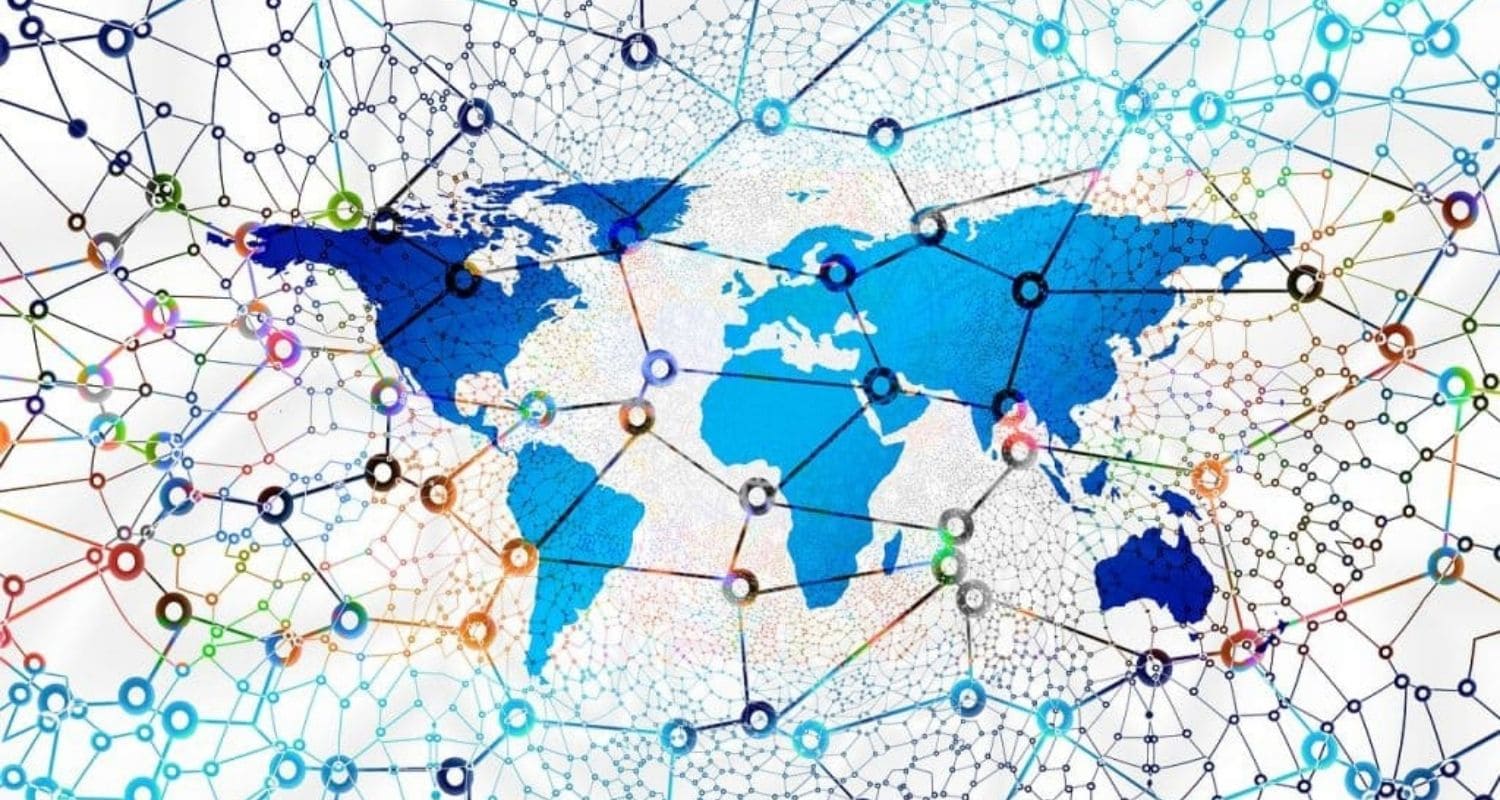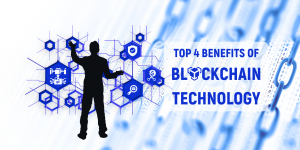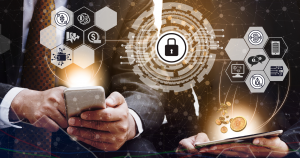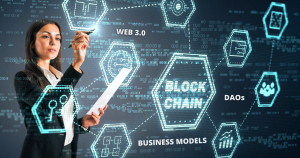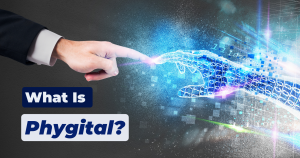Decentralization is basically a business model which involves transferring decision-making power and functions from a single central authority to operating units at different levels within an organization. Factors such as globalization and the volatile macro-economic situation have driven more small and big businesses to adopt that flexible and agile type of governance.
According to a recent Deloitte survey, 75% of the respondents who were surveyed stated that they were moving to a more decentralized business structure. More than half of the participants in that survey predict that they will rather shift to a more decentralized business model in terms of decision-making and management.
Data management
When it comes to data management, generally databases are divided into three types:
- Centralized data suggests that all data is stored on a single computer. In order to get the required information, you will have to connect to the main computer that is the server.
- Decentralized data is not operated by single central storage. A few servers that are connected will communicate with each other to provide the requested data.
- Distributed data does not work with decentralized data silos. All of the nodes (computers) in the network contain information and all users are equal, having equal rights.
Why do centralized databases and data management systems fail?
Security – if a third party or an unauthorized person manages to get access to the server, data can be added, modified, or even removed from the server. Corrupted and lost data can then result in hefty losses for the business and data fraud is a number one issue modern companies have to cope with.
Reliability -with a centralized database, there is a chance for the server to break down and no longer respond in case of too many simultaneous requests from the participants in the network. Decentralized systems support continual and sustainable data sharing.
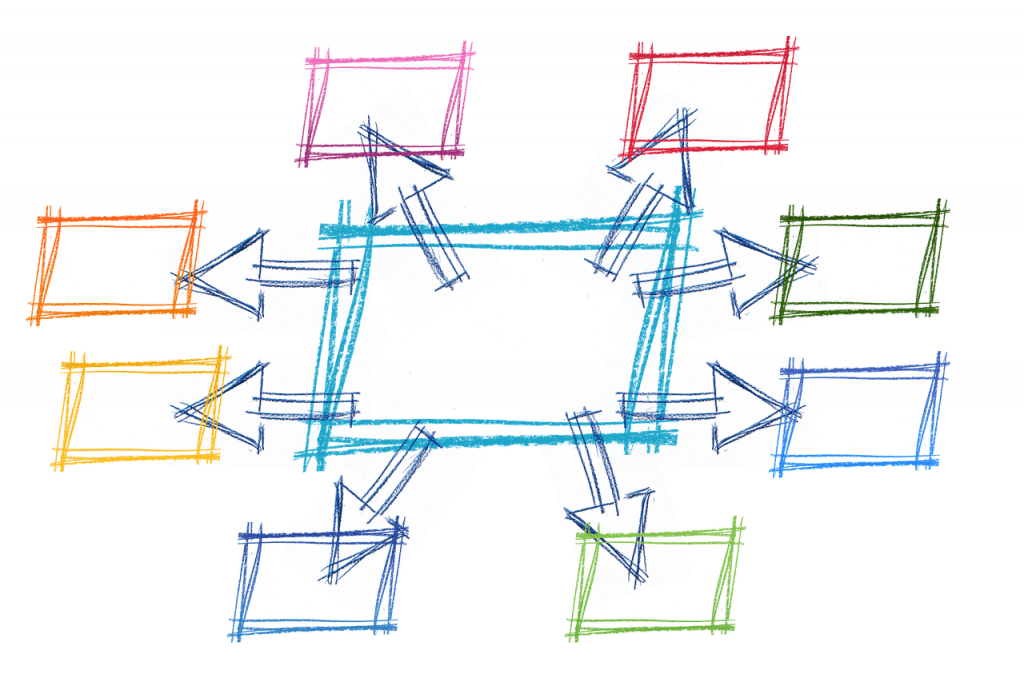
Accessibility – when the central database has some problems, peers will not be able to get any information, unless the issues are solved. Furthermore, different users usually have different needs, but the processes are uniform which can be inconvenient for some clients.
Data transfer costs – if the peers are located in different countries or even continents, the connection with the server may become a burden.
Scalability – centralized networks are hard to scale, because the capacity of the server is limited, and so the traffic volume is constrained too. Distributed systems provide flexibility and they are easy to expand with minimum risk to failures due to a huge overload.
Benefits of the decentralized and distributed databases
Decentralized systems do not have any centralized storage and all of the shared data is distributed between the nodes within a particular network. If new pieces of data are added, edited or deleted on any computer, this event will be reflected in all of the computers of that network. The system is self-sufficient and self-regulating. In that case, databases are protected against attacks or accidental human errors.
Decentralized networks can cope with significant overload on the network, as all of the peers of the network have the same data stored with them. All of the requests are generally distributed between the nodes, which means that the pressure does not fall on one single server. Ultimately, the total capacity of the network is much greater.
In a centralized system, all of the nodes are connected to a single server that stores all of the data. With those kinds of systems, all requests about receiving, modifying, uploading or deleting data are executed by the main computer. As the server has a definite capacity, if overload occurs, it breaks down. Decentralized and distributed models share the load between several computers.
Challenges to running a decentralized business
- Implementing changes in a decentralized organisation may take longer as there may not be an established protocol for such changes.
- Teams can become inconsistent when a centralized body does not provide guidance. There is a need for a strong reporting system to mitigate that risk.
- Decentralization can also lead to the redundancy of roles across departments. For example, customer service staff might be hired for different departments as opposed to one team to fulfil this function.
- As far as corporate social responsibility is concerned, there is a chance for low-level teams to make a non-informed decision, which can negatively impact the reputation of the whole organization.
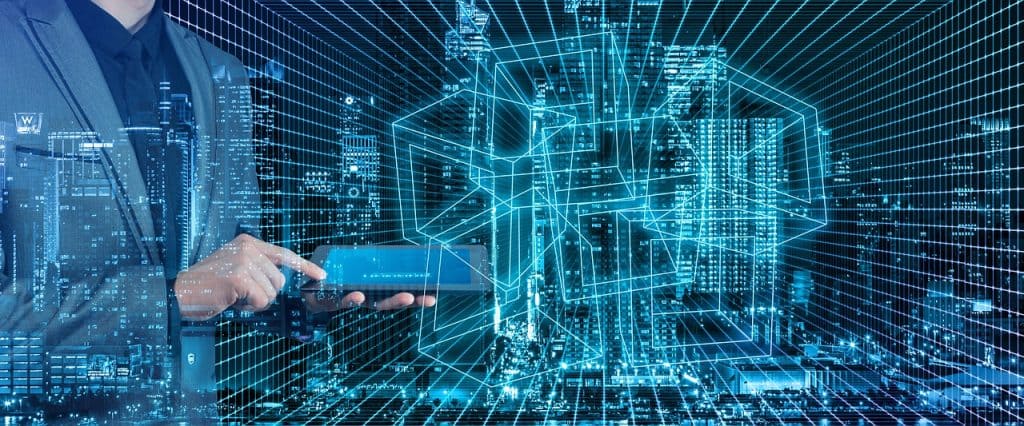
What are the potential benefits if you are decentralized business?
For businesses themselves, decentralization improves motivation and creativity and it can also encourage teamwork and collaborative intelligence. Last but not least, this type of governance fosters resilience and individualization within the organisation. Those benefits are of critical importance to the success of certain industries such as consulting and software development, where creativity and innovation are the cornerstones.
When employees can make decisions faster, that will lead to better responsiveness and faster dispute management as far as external stakeholders are concerned. Communication and feedback from customers will foster better product development, and inevitably that will result in more research and innovation. As managers are able to make fast decisions that can save corporate money.
Benefits of decentralized models for the society
Trust
With decentralized governance, stakeholders do not have to put their trust in a single authority. Today, we trust corporate and governmental organizations with our most sensitive and personal information, and most of the time it seems to be fine.
Nevertheless, there have been plenty of recent examples where our trust has been violated. Vendors and digital platforms shut down, startups are bought or go out of business, social media are selling your data and advertisers follow you around the Internet.
On the flip side, in a well structured decentralized network, you will be able to significantly reduce or even eliminate the need of entrusting and completely relying on third parties to protect your data.
Reliability and Sustainability
With the rise of digital money and cryptocurrencies, decentralization seems to be viable for better management of our finances. In decentralized networks, if a node goes down, it will not take down the entire network. Ultimately, regardless of how many users come and go, applications remain up and running. If a node goes offline, it generally passes its workload to the other nodes in the network.
Censorship
It has become common that governments to shut down citizens’ access to social media in an attempt to censor reports of what is happening in the country. However, it is far more difficult for them to censor traffic on a peer-to-peer network.
Open systems and verified owners
Everyone can build amazing products and services on top of decentralized networks. Contrary, centralized technology is often closed off and with limited development opportunities. Decentralized networks also allow for ownership adjustment. People who contribute value to the decentralized network receive ownership rights or an economic stake that increases in value as the network grows.
Under the conditions where centralized governance rule, only the company controlling the network receives the value as the network grows.
Decentralization as a game-changer
Decentralized and distributed systems are the needed prerequisite for quality innovations and disruption within societies. New models and concepts have been created.
Self-sovereign Identity
Self-sovereign identity is a concept that suggests that individuals should own and control their digital identity without any intervention from administrative authorities. SSI empowers people to interact in the digital world likewise they do in the offline world.
SSI means the individuals manage their identity and control the access to their digital wallet. SSI allows for full control over personal data as it resides with the individual. The latter then grants access and tracks the whole history of events with their data. You no longer have to give up control of personal information to third-party databases when you want to access new goods or services.
Each person is in control of their own identity.
Human centric-solutions
The human-centred approach focuses on creating valuable products and services that put human needs upfront. That approach is based on customer feedback and it goes deeply to resolve issues that societies face up today. It leads to more businesses working on creating sustainable solutions that have a greater social impact.

Privacy by design model
Privacy by design is an approach to systems engineering that guarantees protection for the privacy of individuals from the very beginning of the development process. Basically, this approach suggests integrating considerations of privacy issues from the very beginning of the development of products and services, rather than upon the launch phase.
There are a few core principles of this model according to Deloitte:
- Preventative, not remedial
A proactive approach to data protection is utilized. Privacy issues and risks are anticipated and mitigated before they actually happen.
- Privacy as the default setting
Systems, services, products, and/or business practices are created and designed to protect personal data by default. Individuals do not have to take further steps to protect their data.
- Positive sum
Also referred to as ‘win-win’, this concept suggests that stakeholders can enjoy privacy and security. There is no trade-off where an individual has to choose between privacy or security.
- End-to-end security
Strong security measures apply from the beginning, throughout the whole ‘data lifecycle’, including when you have to destroy data you no longer need.
- Visibility and transparency
The technology operates based on preset premises and objectives, and it can be independently verifiable. Visibility and transparency are guaranteed for the participants.
Web 3.0
With the rise of decentralised technologies and decentralized business models, the vision for a more fair and transparent Internet is no longer a far-fetched concept. The Human-centred internet is the new normal, where middlemen are removed and users leverage full control and ownership over their data.
Nowadays, marketers and advertisers will pay billions to get data from storage providers and digital platforms. Web 3 allows for users to give exclusive access to their information to stakeholders, without compromising privacy or becoming a victim of data resellers. And because data will be decentralized and distributed, it will basically become bulletproof toward hack attacks.

